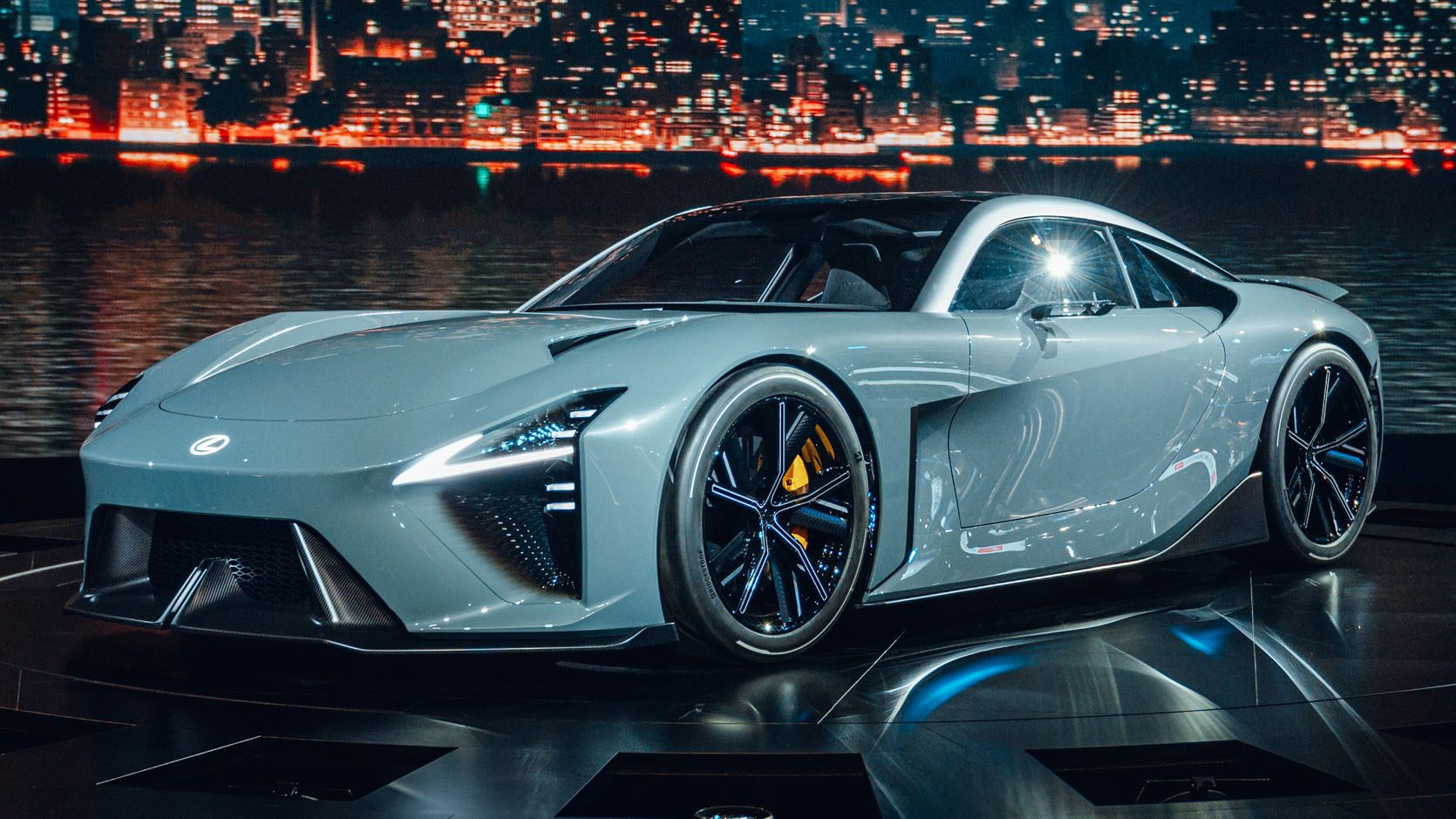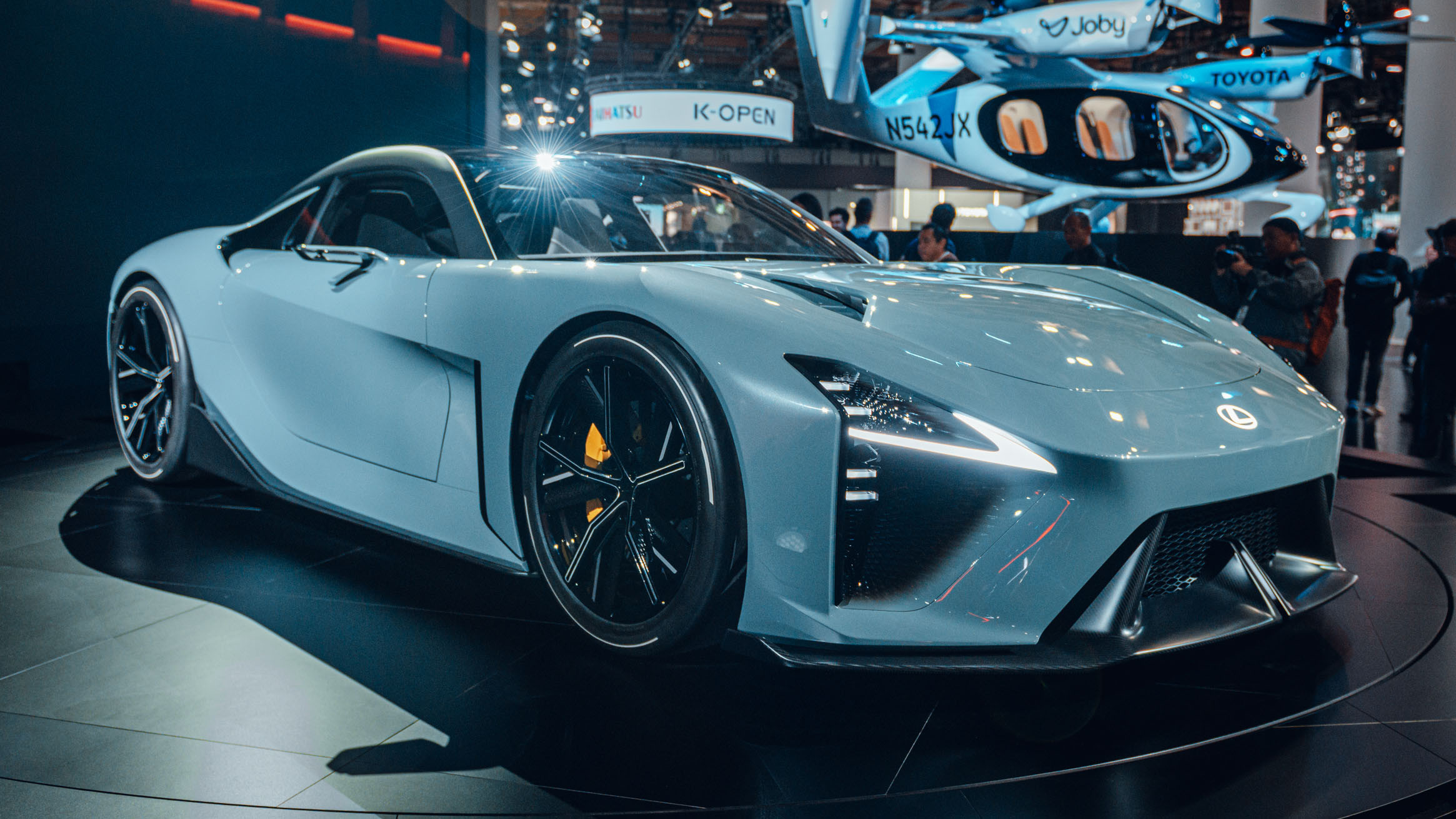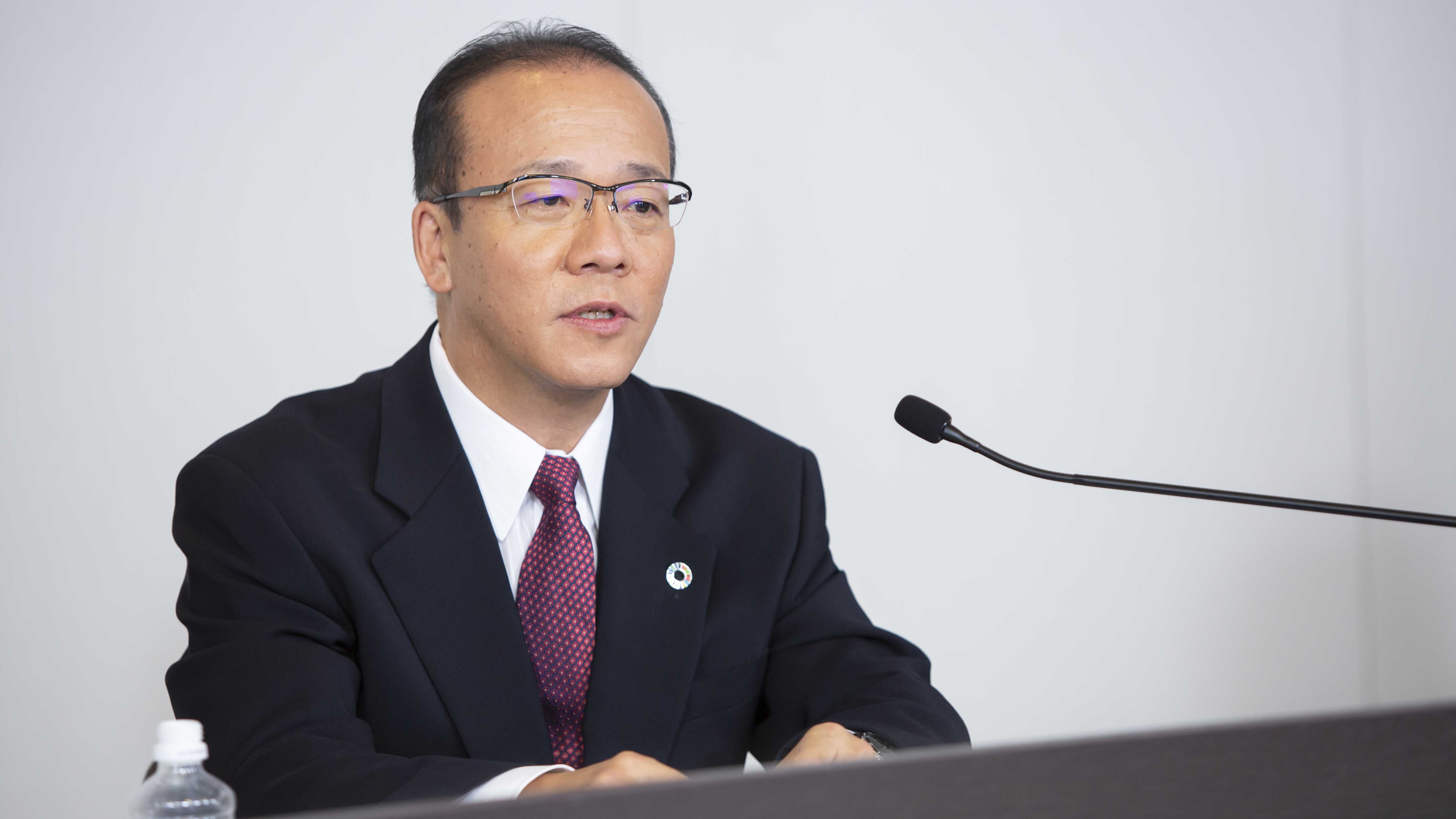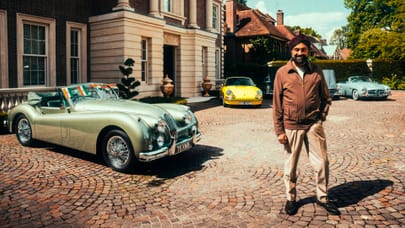
Hypercar or hybrid? Toyota promises a solid-state battery EV by 2028
Lighter, faster charging batteries ‘on schedule’, says Toyota, but in what sort of car?
Electric cars are too heavy, the batteries eat up space, and they take too long to charge. But what if we had lighter, smaller, faster-charging cells? That would solve… everything.
That’s why the car industry is so excited by solid-state batteries (SSBs). You can read Top Gear’s simple SSB explainer here, but in essence by using a solid electrolyte instead of a messy gel, you get a more compact, power dense battery that’s also less explode-y when punctured. Bingo!
So far, no-one’s managed to perfect the tech at an affordable price and in mass-produced volumes. But Toyota has stuck its neck out and said it will have an SSB-equipped car on sale by 2028. Possibly as early as 2027.
Either way, it’s all running “on schedule” according to Keiji Kaita, the man with possibly the longest job title at Toyota. He’s the company’s Carbon Neutral Advanced Engineering Development Centre President.
Speaking at the Japan Mobility Show (where Toyota showed off a Corolla concept car designed for propulsion by fossil fuels, hybrid, plug-in hybrid and full electric), Kaita-san said the SSBs would major on “high power, compact size, long range and long life".
It’s expected the SSBs will still use lithium chemistry. Asked about the environmental impact, Kaita-san acknowledged: “Of course we are trying to reduce the carbon footprint of the battery. [What’s] most important is to create a high-quality battery with a long life.
“Compared to traditional batteries,” he added, “the SSB’s life-span may be four times longer. So the production carbon footprint is a quarter relatively [to a lithium-ion battery], and we think SSBs have that potential.”
So, what sort of car would get the golden bullet battery first? Presumably it’ll be expensive, like all emerging tech, which would hint a Lexus model – like the Sport Concept or Electrified Sport Concept – both potential successors to the legendary V10 LFA. Or maybe SSBs will debut in the new ultra-lux Century?
“It needs to be a model which can leverage those qualities: high power, compact size, long range and long life,” Kaita-san repeated. “We leave it up to your imagination.”
It’s also possible Toyota could take the opposite tack and decide the fastest way to recoup its investment is to shove SSBs in as many high-volume cars as possible. If more efficient, smaller and powerful batteries made their way into the next-gen Corolla, Prius and RAV4, it would give Toyota a mighty advantage in the mass market world of family cars, company fleets with rivals scrambling to match their range and packaging advantages.
Top Gear
Newsletter
Thank you for subscribing to our newsletter. Look out for your regular round-up of news, reviews and offers in your inbox.
Get all the latest news, reviews and exclusives, direct to your inbox.
But first, Toyota’s got to actually manifest the SSBs. And they’re not alone.
Mercedes is hard at work testing SSB-equipped EQS saloons on public roads, and Rimac is known to be heavily invested in the sector. This stuff sounds dry and unsexy, but it’s about to be the biggest propulsion arms race since a Swiss chap named Alfred Büchi invented the turbocharger…










